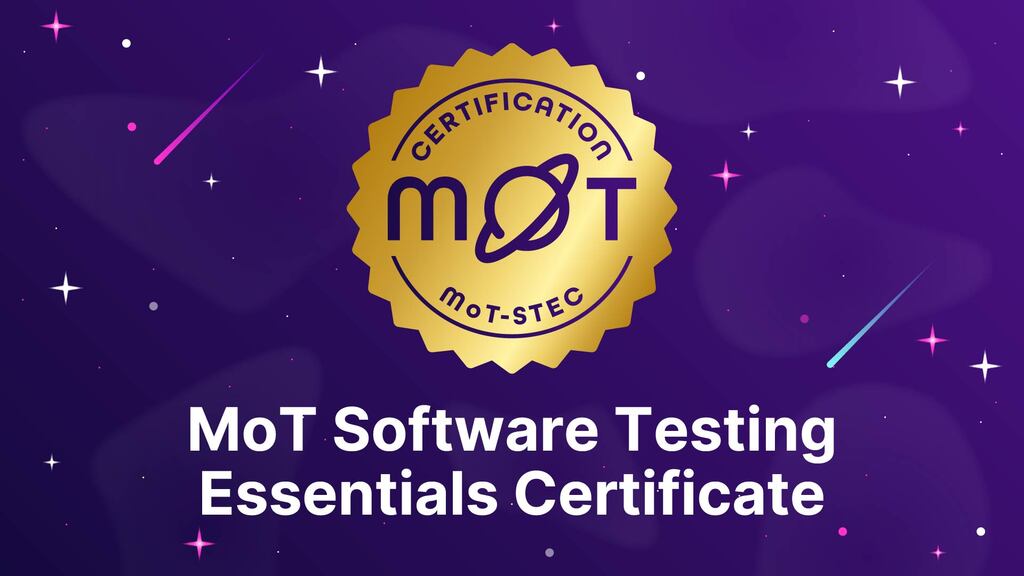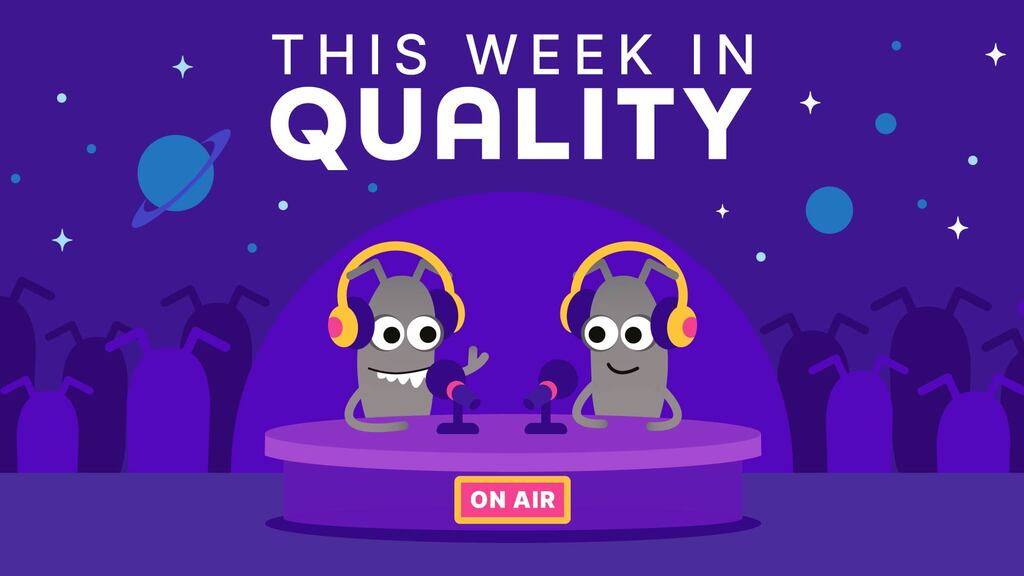Who the heck am I and what do I have to do with Ministry of Testing article submissions ?
I’m currently “EditorBoss” at Ministry of Testing, a position I’ve happily held for more than three years now. Mark W. and I chatted for the first time at the “height” (or nadir) of the COVID-19 pandemic in 2020. The job has been a great combination of circumstances for me. I truly enjoy working with writers to help them bring their ideas to people who need them.
I come to the job from a couple of decades of full-time work as a technical writer and tester in software development. I’m a word nerd first and foremost, but thanks to that work experience I’m also a subject matter expert in software testing.
What do I do as EditorBoss?
- I review several article proposals a month, as do a few other Ministry of Testing folks involved in publication. I often make suggestions that I believe would improve the content of those articles.
- But I spend most of my time helping article writers polish their work in terms of organizational structure and prose quality.
Why am I writing this forum post?
We want you to submit article proposals to Ministry of Testing! And we want to give you the best possible chance of seeing your articles published.
So I figured: let’s do a Ministry of Testing blog post about what I like to see in article submissions. I hope to give you some pointers on how to enhance and expand your ideas for articles. Also, very important: I’ll let you know what you should avoid doing.
I’m a professional writer and editor, but we don’t expect that all testers have a similar background. It’s my job to help you make your article the best it can be. And it can be MUCH more helpful to hear some recommendations on how to optimize your article before you write a word.
So: onward.
Before you write a single word of your intended article…
Know that your experience is “good enough.”
When I see an article draft or proposal that feels rooted in the author’s personal experience, it makes me happy.
I don’t care if you’re not the “best” writer on the block (what even is that?), or if you just started out in your testing career, or if you’re not a software engineer who can write test automation code. Tell me about YOUR experience and I’ll pay attention.
Ask yourself: How can I best serve my readers?
The best articles for Ministry of Testing, or any other publication for that matter, are written in the spirit of service to others.
If all you have at the moment is a desire to “get published” or “get my name out there,” the results will suffer no matter how polished your presentation or technically detailed your content is.
If that’s true right now: get a coffee, get a good night’s sleep, go for a walk, snuggle the cat or dog. Then think about how to put the needs and interests of your prospective readers front and center.
Answer these questions in writing or in a voice note (to yourself!)
Whose problem will this article attempt to solve?
Have a clear mental picture of the reader or group of readers who may benefit from reading your article. Their needs, not your own ideas of what would make the article “good,” should drive what you write. This is known as an audience analysis.
Tip: Have you answered the question “what do my readers need?” with a bulleted list that closely resembles the structure of an outline you wrote before you did an audience analysis? If so, you probably need to do further reflection on how well your proposed article suits your readership.
The questions below will help you frame your article for the benefit of real live readers. And you can find further guidance in this article on the elements of a good audience analysis.
- What is their current job? Not everyone who tests has the job title of “software tester,” especially as automated unit and integration testing becomes standard practice.
- What type of software development methodology does their team practice? Agile practice has become popular but not all teams use it.
- What type of product are they working on? A tester whose company makes a product in a regulated environment like insurance or banking knows that their organization runs a higher risk of penalty should a serious defect make it into production.
- Based on your experience, what challenges do they face in their work on a regular basis? This challenge may not necessarily be a “problem,” it could be an idea of how they want to grow in their career, balance work and life, or perhaps move from one functional role to a new one.
- Which challenge is in front of them right now?
- What questions might they ask you if you were in a one on one conversation with them?
- How would you answer those questions?
Will the article offer specific suggestions, instructions, or real-world experience?
Back when I was testing full-time, I did not have time or energy to pore through an article looking (in vain) for specific instructions or tips that could help me as a busy tester. Keep your audience’s professional and personal constraints in mind.
I love to see specific suggestions, anecdotes from personal experience, and clear, repeatable instructions in article submissions for Ministry of Testing. I do NOT like to read general, handwavy prose that makes vague predictions about the present or future state of testing and does not tell me anything about your personal experience or knowledge.
Taking my own advice, a couple of examples might be helpful for the readers of this forum post! I enjoyed reading Pricilla Bilavendran’s specific tips AND anecdotes from personal experience with regard to returning to testing work after a parental leave. And here’s frequent contributor Ioan Solderea with a quick start for record and playback using Playwright. Note the precision and specificity of the information offered.
Will this article offer anything new, especially in areas where much has already been written or talked about?
Another frequent comment I make on article submissions: “nothing new here.”
A lot of people write on topics in testing, especially with regard to how-tos and quick start guides for tools and technologies. Make sure you’re saying something that hasn’t been said before, either in an article on Ministry of Testing or elsewhere. Web searches are your best friend here.
And even if the topic is already well-explored: perhaps you bring some experience or knowledge to the table that hasn’t yet been said in public anywhere else.
Will I use artificial intelligence to generate my content?
Artificial intelligence can be a great tool to help you generate IDEAS for an article submission. Go ahead and use it for that purpose.
What we at Ministry of Testing do NOT want to see is PROSE in your article that was generated by artificial intelligence. And yes, there are tools to check for it, and we use them regularly.
It is unethical to submit an article whose prose comes from an artificial intelligence tool. Write your own prose, or your article proposal will be rejected, and we will be less likely to accept future submissions from you.
Submit an outline to us before writing a full article draft
Draft an outline for us before you write the entire article and submit that first. That way we can review your ideas at a glance and, if warranted, make suggestions for expansion or inclusion of different material.
To wrap up…
Enthusiasm and discipline work hand in hand. Approach the task of drafting an article outline for us just as you would do if you were adding work to your online portfolio or vying for a promotion at work. Then, bring the same focus to the full draft that we may ask you to submit. And let your personality and unique experience come through in your writing.
I look forward to reading your submissions!





